Premiere: “Simulation Feels,” by Dear Nora
After making music for years under the solo moniker Key Losers and as one-half of Lloyd and Michael, Portland-based singer, songwriter, and guitarist Katy Davidson reignited their previous band, Dear Nora.
During the band’s original 1999 to 2008 run, Davidson’s attention to lyrical detail brought new artistic depth to indie-pop’s sometimes over-simplistic themes. Instead of purely observational musings, their songs always dug below the surface, questioning how time and space interact with the human condition during day-to-day occurrences.
Since Dear Nora split, subsequent generations of bands have found inspiration in Davidson’s artistically rich work—Girlpool even named a song on their 2015 album, Before the Word Was Big, “Dear Nora.” These newer groups mirror Davidson’s ability to pack deep socio-political meaning into minimalistic, folk-inspired punk songs—think the Aislers Set crossed with Joni Mitchell.
Last year, Ordinal reissued Dear Nora’s 2004 album Mountain Rock (originally released by Magic Marker Records). The band’s first tour in a decade followed, featuring a new cast of like-minded Pacific Northwest musicians, guitarist Jessica Jones, Drummer Greg Campanile, and bassist / synth player Zach Burba.
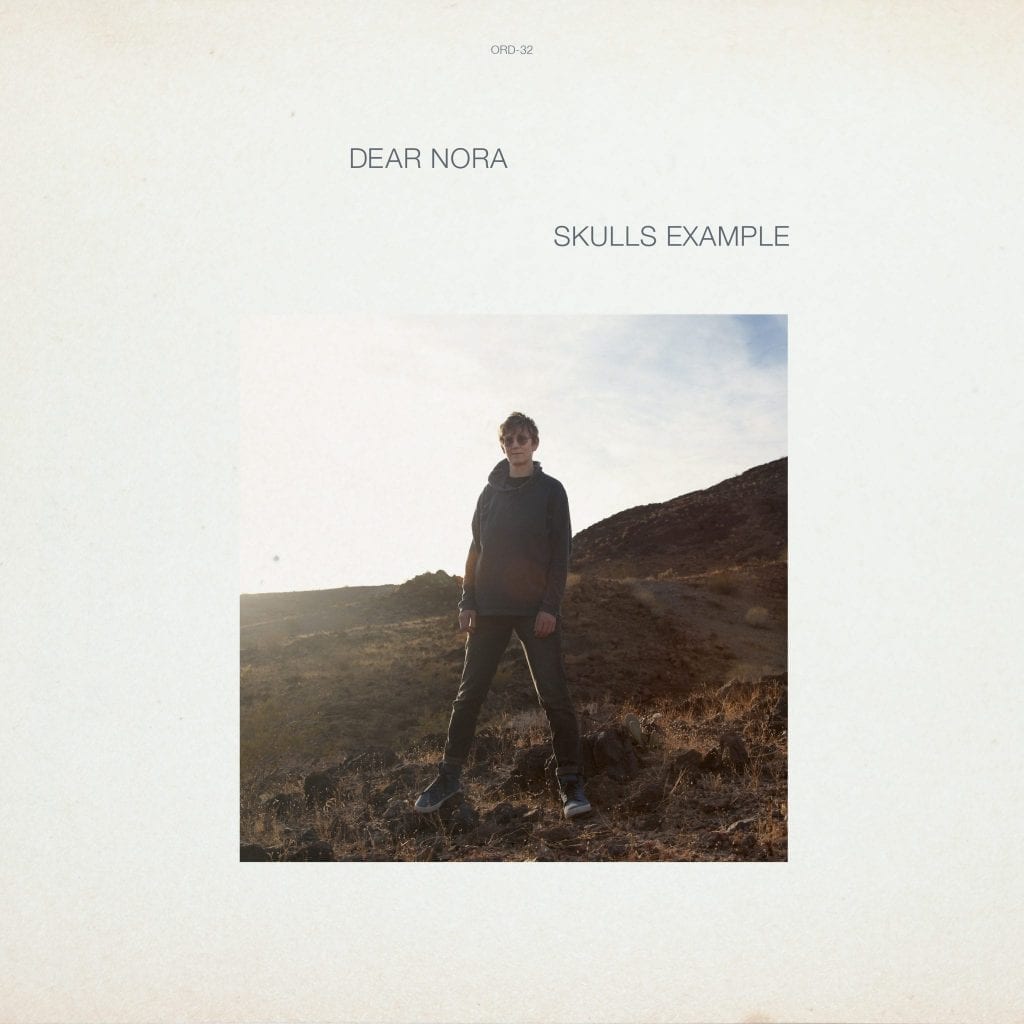
Today’s political climate may be more terrifying than the George W. Bush years—which provided a major source of cynicism on Dear Nora’s previous releases—and with plenty to question in the world around them, Davidson had ample subject matter to work with on the band’s new album, Skulls Example, which comes out on May 25 via Ordinal.
Check out She Shreds’ exclusive premiere of the latest single to be release from the album, “Simulation Feels,” along with a Q&A with Davidson about how changes in technology impact their inner world view and flavor each Dear Nora release.
She Shreds: With “Simulation Feels,” and even with prior single “Sunset on Humanity,” it seems like there’s a lot of references to technology. I’m curious about how you see technology fitting in with those themes. Is it a way to distract yourself from time and space, or has technology kind of provided new time markers for people?
Katy Davidson: That’s an interesting question. I guess my top-of-mind answer is that I’m most interested in all of the different kinds of times and spaces that coexist. I’m interested in the way we perceive time and space. I’m interested in how quickly we shift gears throughout the day between what we’re seeing, what we’re doing, what’s in front of us and then what’s happening inside our phones or on our laptops. It really gives a warped sense of time and space, in my opinion.
As a side note, I wrote “Sunset on Humanity” and “Simulation Feels” back-to-back, almost as companion pieces. I realize that releasing both of them as singles may lead one to believe that the album explores the technology realm. I do believe that it does, to a certain extent. I do reference technology in a few other songs. But I’d say more specifically, instead of it being a motif that runs throughout the album, it’s more specific to those two songs that are intentionally sister songs.
And you wrote the songs on the album over a period of years…
I think these (singles in question) are the oldest songs on the album. I wrote them around 2013 or 2014. A lot of the other songs on the album are newer; I wrote them last year.
Technology themes make those two songs sound like they’re about the here-and-now, even though they’re actually older songs. Not that a song from 2013 has aged that much.
For sure. Even though the technology has advanced, we had already begun the societal shift where we’re here and present, kind of, but now we’re all looking at our phones.
With Dear Nora being around for so long, you got to experience the changes technology has allowed for D.I.Y. music. You got to put together tours on MySpace, invite friends to shows on Facebook and so on. What are some thoughts on being on the ground level of this societal shift’s positives?
I would say it’s been even more extreme than that. The very first tour I booked, I called people and left messages on their landline voicemail. I didn’t even email then. My friends would write down numbers on a slip of paper, and I’d call people in other cities. That eventually graduated to email booking. And then came Myspace, etc.
In closing, would you be willing to unravel some of the song’s lyrics and share what they say about place, time and technology?
So, “Simulation feels real every day”… Again, I was talking about our different concepts of time and space as we experience them and shift between these different times and different spaces. In that same way, I’m interested in different realities and how our mind can be tripped. I think it’s always valuable to ask yourself which of these is real. What is real? What just feels real to me? What am I convincing myself is real?
Another lyric is “This summer is man-made, I breathe it in anyway.” Is the air even real? We change the air. What’s real air? We’ve altered it. You know what I mean? At this point, question everything.
There’s a line about the Oregon Trail. I don’t know if you mean the video game or that’s something literal, or if me not knowing is the point…
The lyric itself is an actual literal reference to this movie I watched, because I say, “Last night I watched a movie about the Oregon Trail.” I wrote that line about the movie Meek’s Cutoff by Kelly Reichardt. It’s a beautiful movie, and it has a really good metaphor. The main character is going on a mental journey, trying to figure out what she should trust and who she should trust. That kind of echoes what I’m trying to get out of this song. Which reality should we trust? Should we trust the reality that we experience virtually? Should we trust the reality that we experience outside of that?
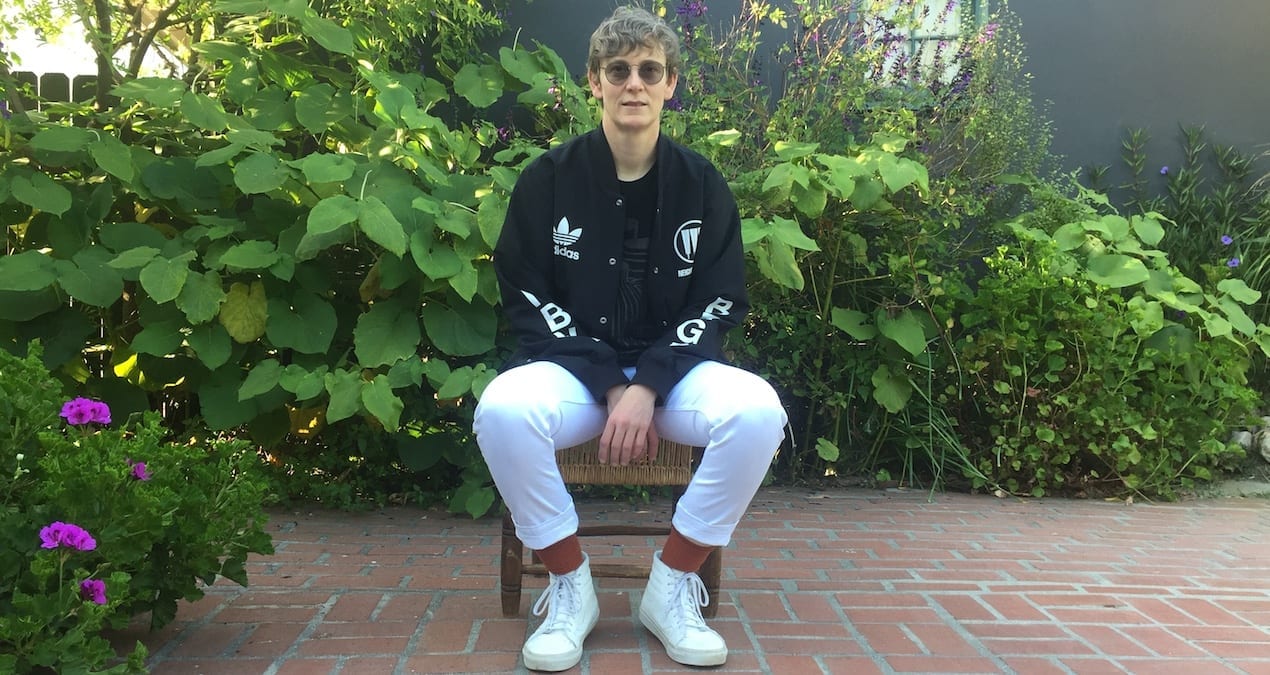

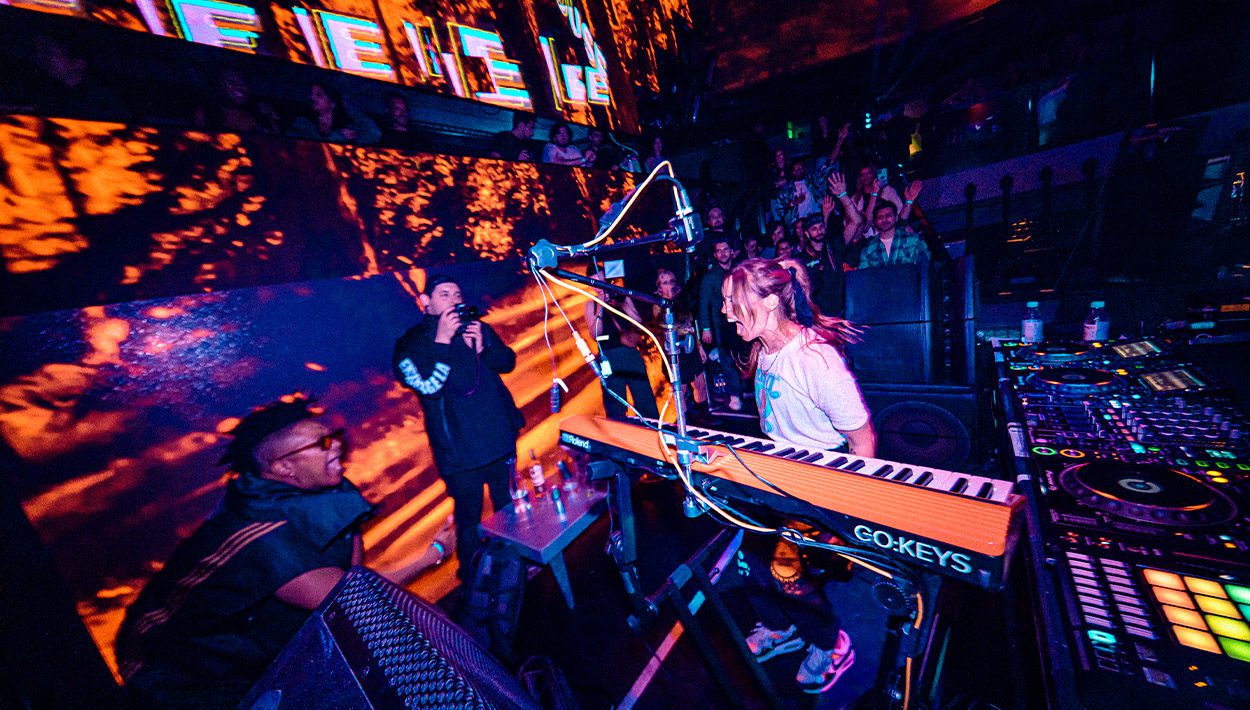
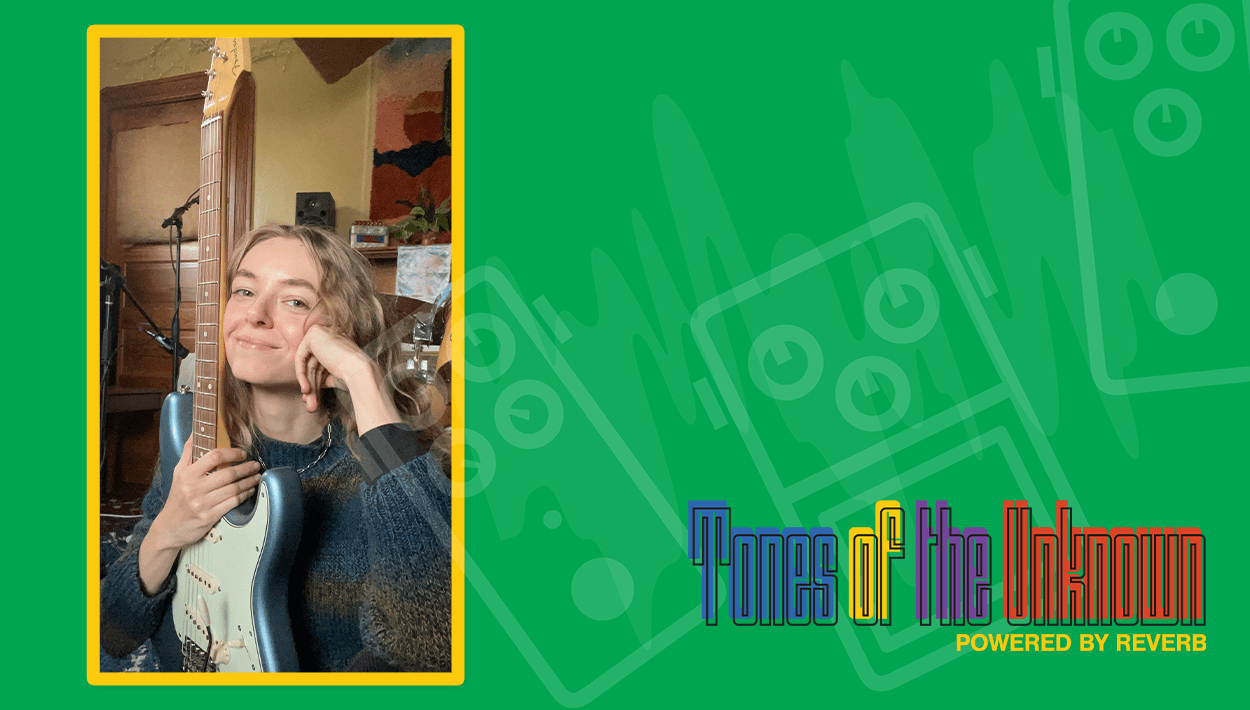
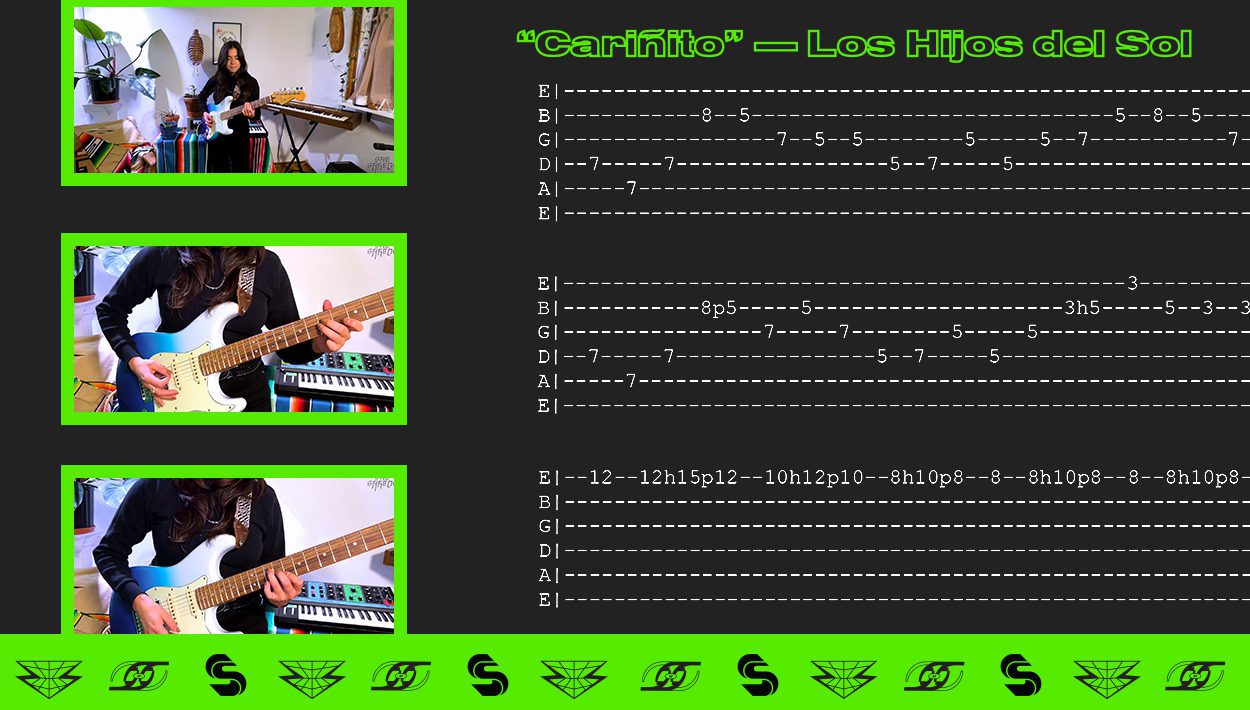
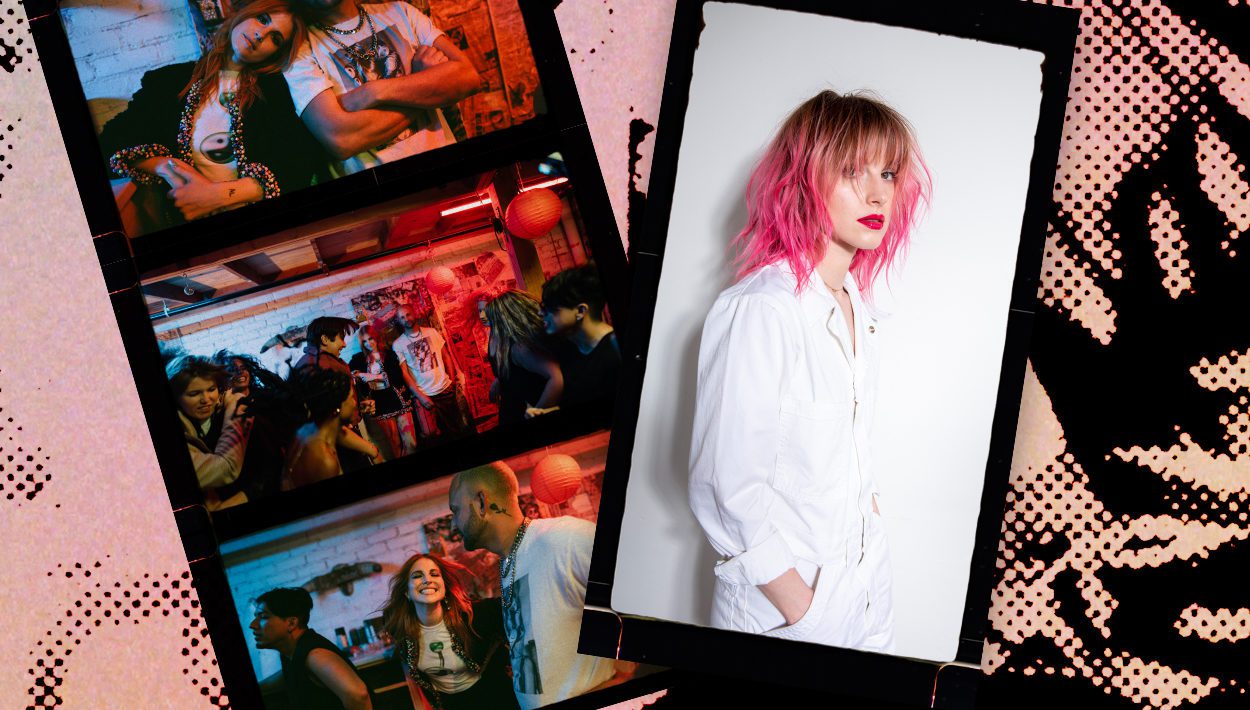
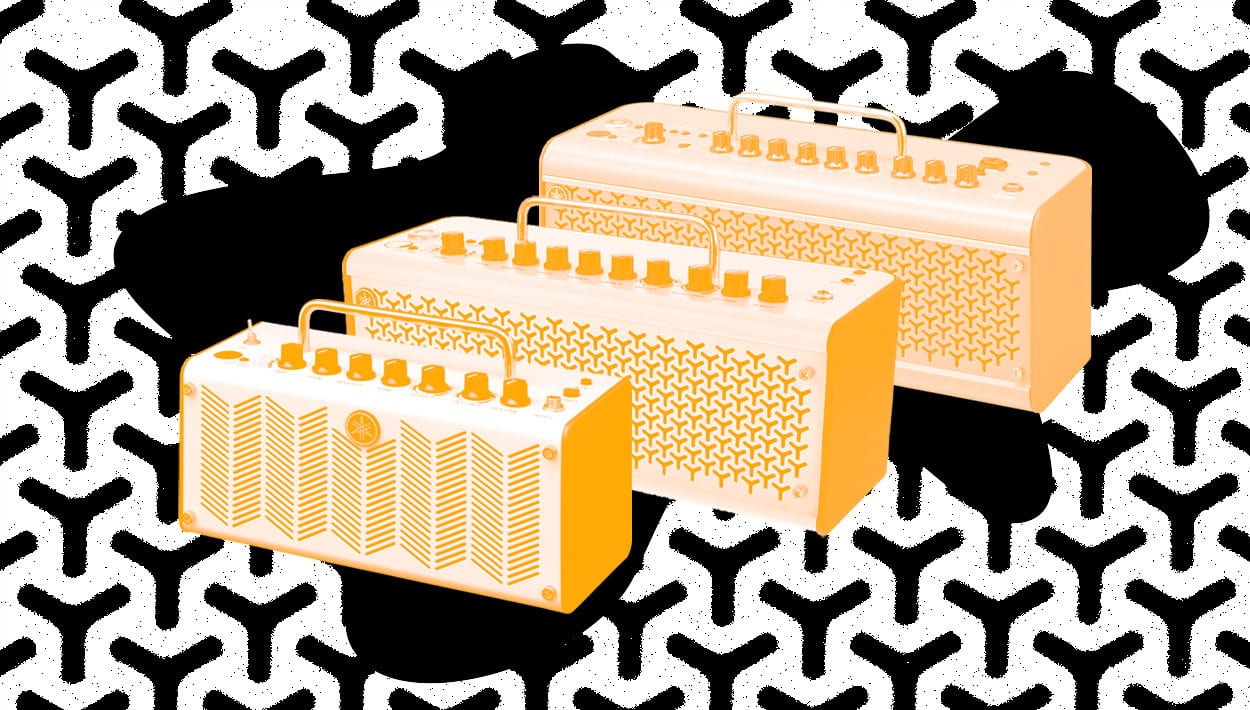

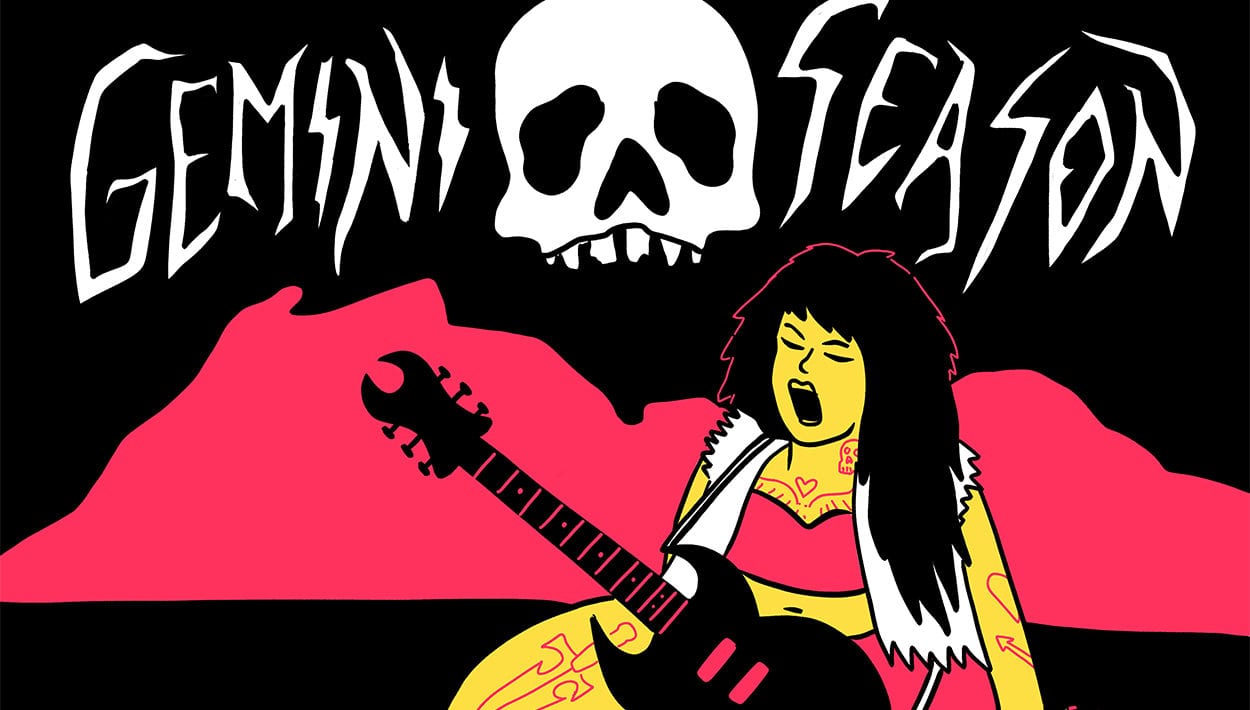
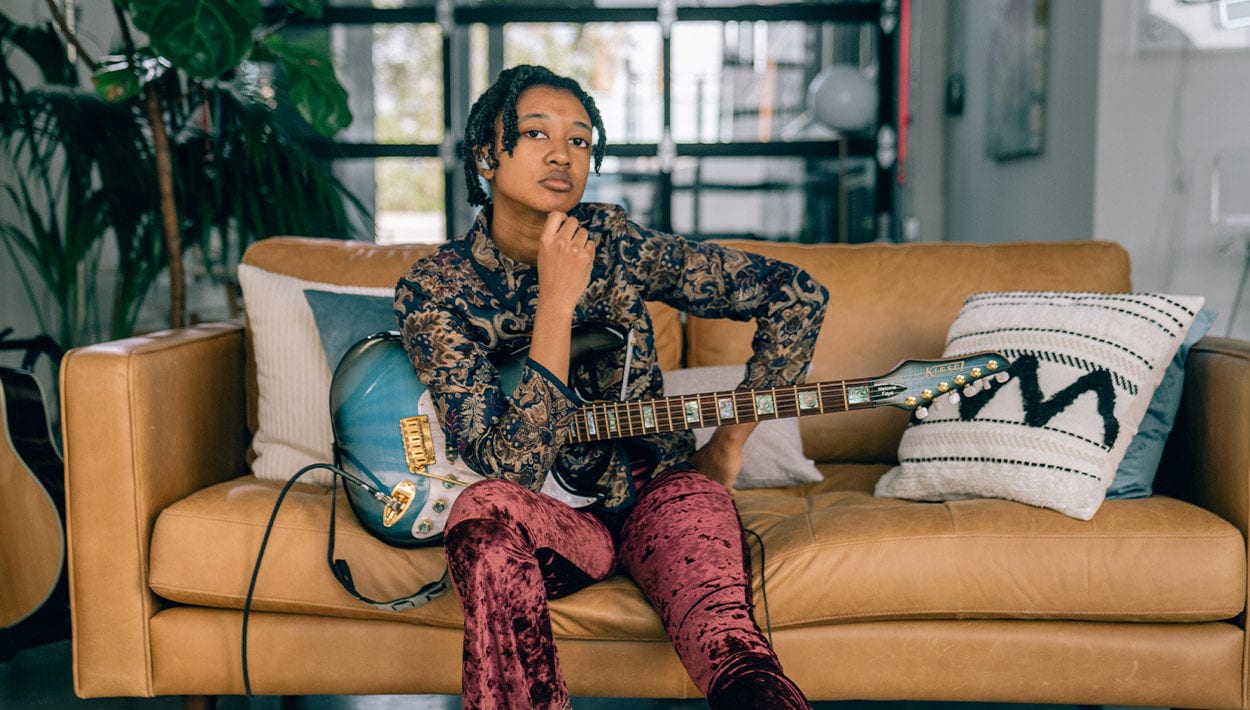
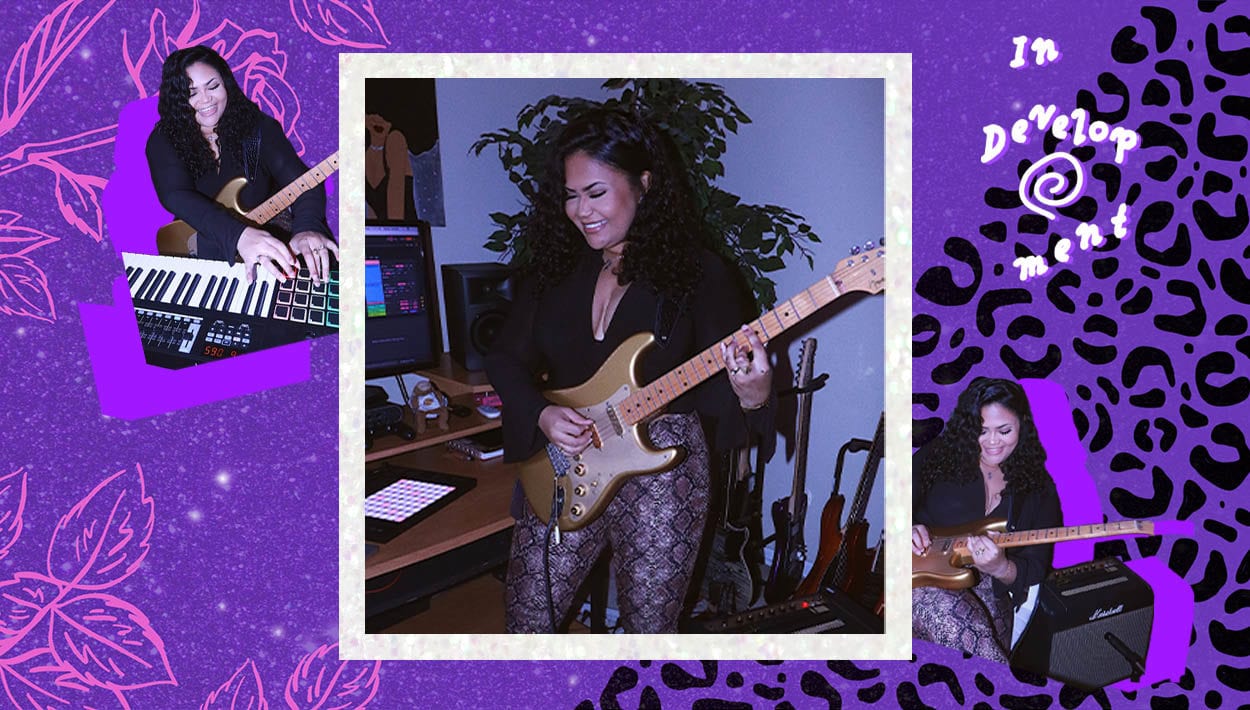
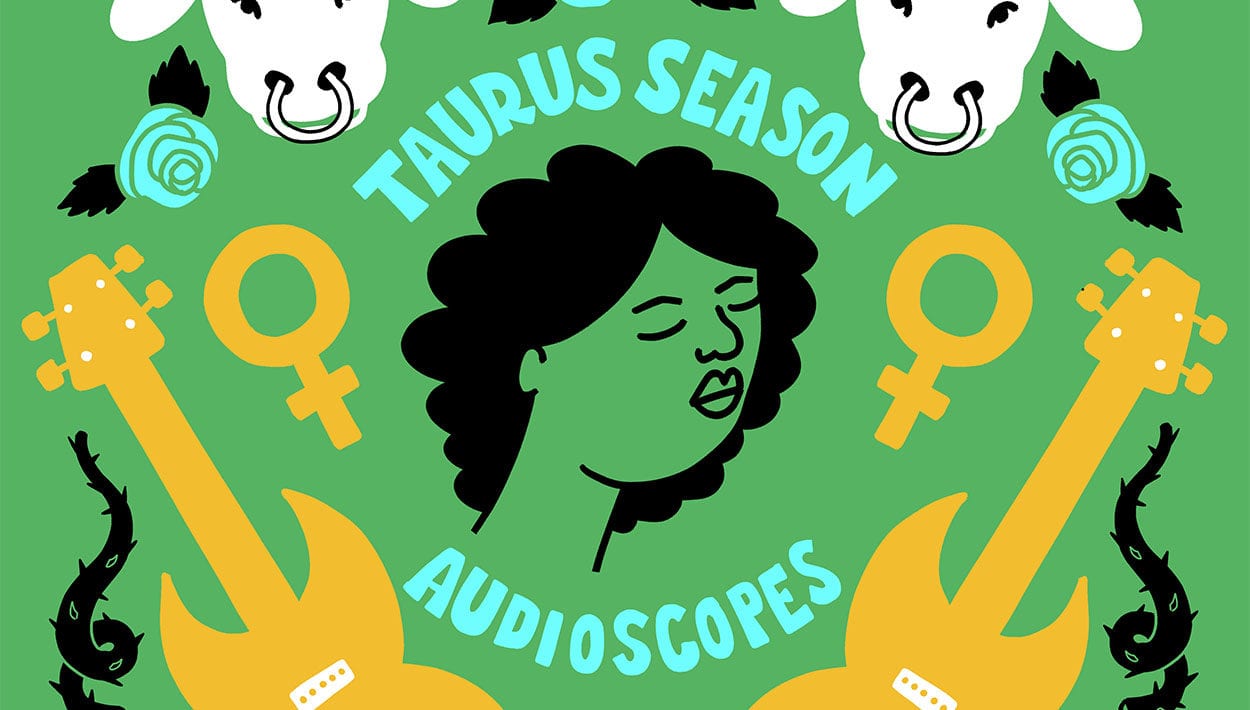


Comments
[…] Davidson told She Shreds magazine that their latest Skulls Example single, “Simulation Feels,” was written back-to-back […]
Pingback by Dear Nora – “Simulation Feels” - Stereogum on May 8, 2018 at 9:02 amThis looks a bit drastic to me because I’m not a fan of such theme!
From cheap essay writers
Comment by Callum bryne on February 18, 2021 at 4:13 am